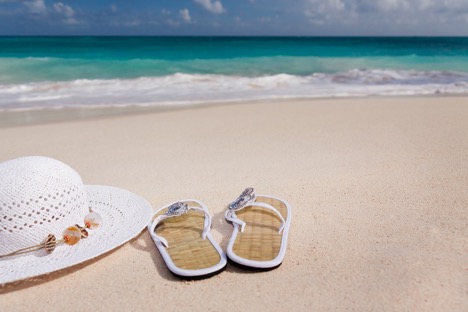
For a long time, luxury travel has been defined by overt indulgence. High-end hotels distinguish themselves by providing the most exclusive and luxurious experiences possible, sometimes using conspicuous consumption as their unique selling point. This isn’t something that’s likely to change any time soon, but travel providers are increasingly having to adapt to changing attitudes. As a new focus on authentic experience grows, and concern over the environment becomes a major consideration for some luxury travellers, sustainability is beginning to cement itself as a mainstay of the luxury travel industry.
Sustainable luxury can feel like something of an oxymoron. This is especially true as the most expensive hotels import white sand, own private jets and cater to their visitors every whim, relying on extravagance to set themselves apart. However, those with large amounts of expendable wealth are getting ever younger, and have different priorities and tastes to the generations that came before them. Four billion dollars was spent on adventure travel by America’s wealthy in 2013, and high net worth individuals are becoming ever more interested in exciting, novel and “real” experiences.
Inside many luxury hotels customers would be hard-pressed to say which part of the world they were in. This is something that may well start to work against them. People now want to try local food, get to know the community and be involved in something more authentic. With this desire for authenticity has come a heightened awareness of social responsibility, where travellers want to know that their enjoyment isn’t coming at the expense of the local community, or the stunning environment that drew them to an area.
This shift in tastes means that the luxury travel industry has had to find more creative ways to engage its potential customers. This is evident in how the industry has diversified, for example in the emergence of property investment funds that provide luxury house sharing. The travel industry in the past has focused on second home ownership, but large and poorly planned developments of second homes have had a negative impact on beautiful and sensitive areas. Now wealthy people have the option of using property which isn’t wastefully left empty for much of the year.
With the world facing mounting environmental issues, many of the wealthy want to know that their travel provider is taking action on sustainability. Many care about people, wildlife and conservation, and feel that contributing to the care of these things is part of the enjoyment they derive from travel. The travel industry has also recognised that sustainability can open the doors to creating unique and innovative experiences, such as the planned Beijing hotel that will house a rainforest, and private resorts where you can stay in woodland cabins.
By promising “luxury that treads lightly”, savvy travel providers are outdoing the traditional industry methods in both both inventiveness and upscale living. Consumer demands will always drive theindustry, and as people increasingly choose the “green tourism” option they will further push luxury travel into being more environmentally aware. As wealthy consumers reject irresponsible and damaging customs within the travel industry, and what’s seen as “eco-tourism” transforms into generalised good practise, the future of luxury travel may just be a sustainable one.

Follow itravelnet.com